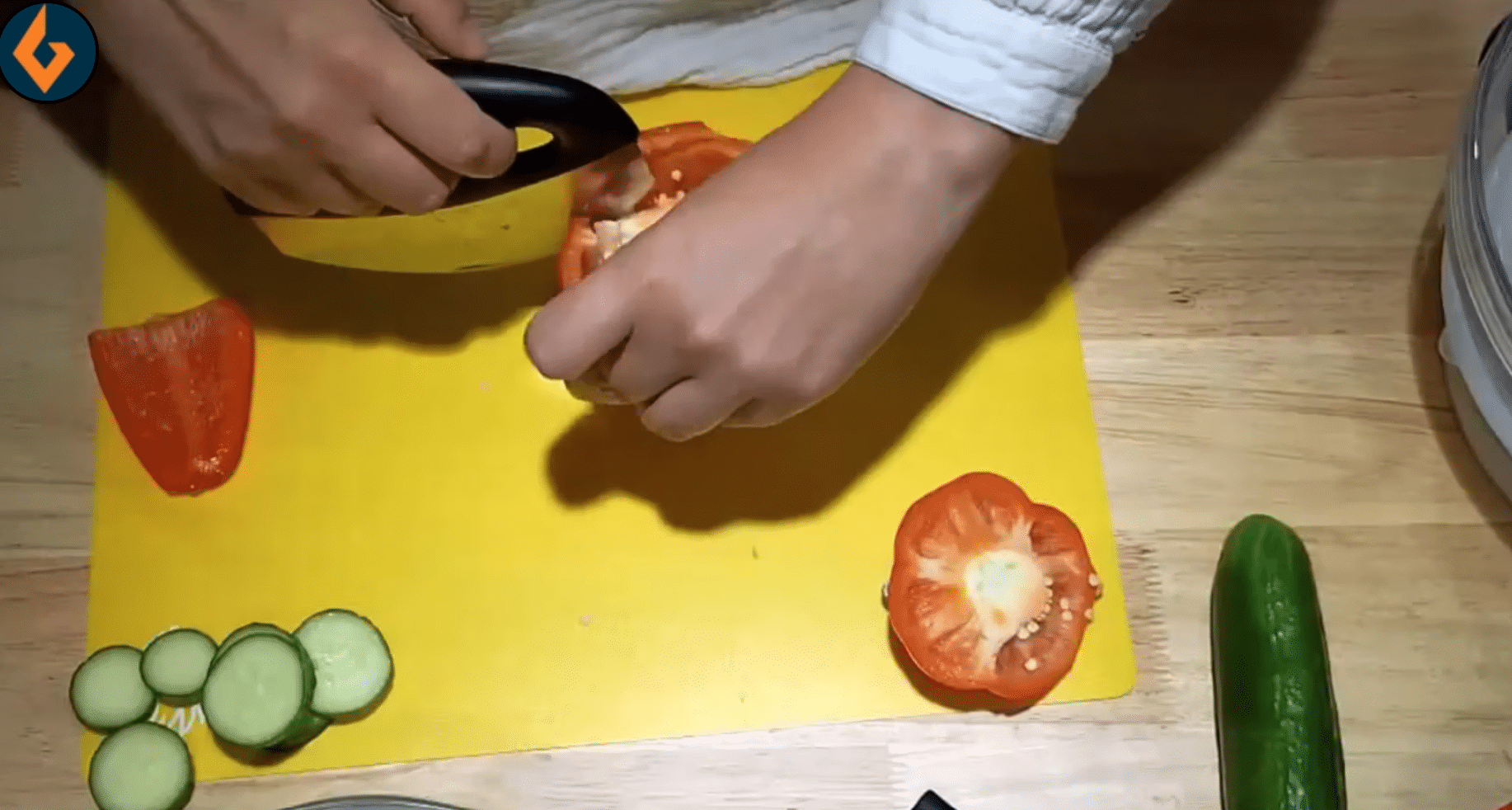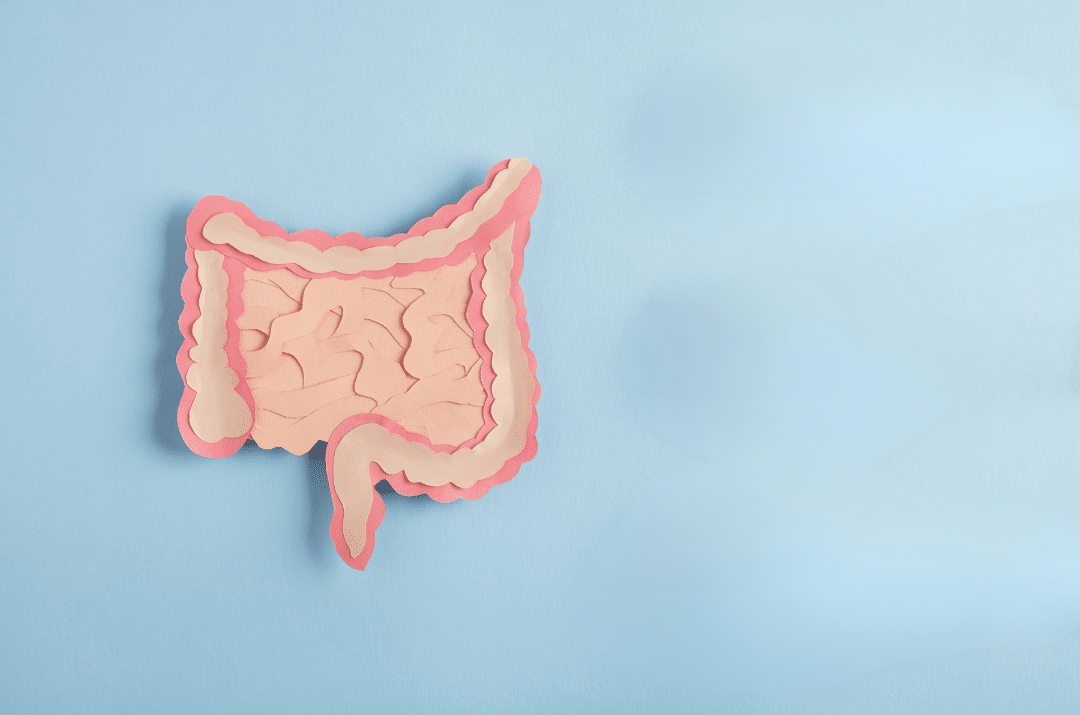Parkinson’s disease (PD) is one of the most common neurodegenerative conditions. It’s often diagnosed by it’s cardinal motor signs of rest tremor, rigidity, akinesia, and a shuffling gait. However, there are many non-motor symptoms of Parkinson’s that also affect quality of life. Constipation is the MOST common non-motor symptom, with up to 66% of people with PD experiencing this problem. This symptom can be especially challenging as it impacts psychological and social distress and consequently quality of life.
While constipation is the most common gastrointestinal symptom of Parkinson’s and it can also precede motor symptoms by as much as 20 years! While PD itself may contribute to constipation by potentially slowing the transition of food through the colon or through some of the medicines used to treat the disease, pain and antidepressants can also often worsen the problem.
There is a major connection between the gut and brain. Research continues to explore the gut microbiome and its effects on the symptoms of Parkinson’s.To best support the gut focus on keeping a healthy gut microbiome, supporting absorption and elimination. Here are my top 5 considerations from the kitchen to help with constipation:
Water
Staying hydrated can help support your bodies’ ability to digest food and keep things moving. The recommendation for daily water intake is 1⁄2 your body weight in ounces. If you struggle with getting enough water try adding some flavor with a slice of lemon, lime, orange, cucumber slices or even mint leaves.
Fiber
High fiber foods support gut health. Be sure to add fruits, vegetables, nuts, seeds and beans to your diet. Superfoods for constipation that have high fiber and can be a gentle laxative include prunes, plum juice and figs.
Probiotics
Good “gut bugs” found in fermented foods support digestion, absorption and elimination. Consider foods such as kombucha, sauerkraut, kimchi, tempeh, miso, or other fermented veggies to support a healthy gut.
Magnesium
Dark, green leafy veggies such as kale, spinach, arugula, collard greens, and rainbow chard contain powerful nutrients and are loaded with magnesium. This mineral supports both skeletal and smooth muscle function, which helps move things along.
Herbal Teas
Senna leaf has been used traditionally to support elimination by gently stimulating the intestine. Other botanicals, such as ginger, coriander, and fennel, are often added to help with any cramping caused by stimulating the intestine. Try sipping some herbal tea before bed to support transit time and elimination. Yarrow tea can also be used to stimulate digestion and decrease constipation. The leaves and flowers of the yarrow plant are used for medicinal tea.
“You are what you eat” applies to both your body and mind. For those managing Parkinson’s disease, constipation is a very common symptom. Try incorporating these foods to support regularity, as people with Parkinson’s living inspired lives.
Dr. Bethany Tennant is a Naturopathic Physician & Certified Nutrition Specialist and has been involved with BGF since 2012. Dr. Tennant is passionate about neurodegenerative conditions, natural sports medicine and medical nutrition. She sees patients at 2bwell Clinic in Lake Oswego, OR.
@dr.bethanytennant
www.drbethanytennant.com
Resources:
https://www.ncbi.nlm.nih.gov/pmc/articles/PMC5856748/ https://www.ncbi.nlm.nih.gov/pmc/articles/PMC4932209
https://www.michaeljfox.org/foundation/news-detail.php?ask-the-md-constipation-and-parkinson
https://www.ncbi.nlm.nih.gov/pubmed/27433087



